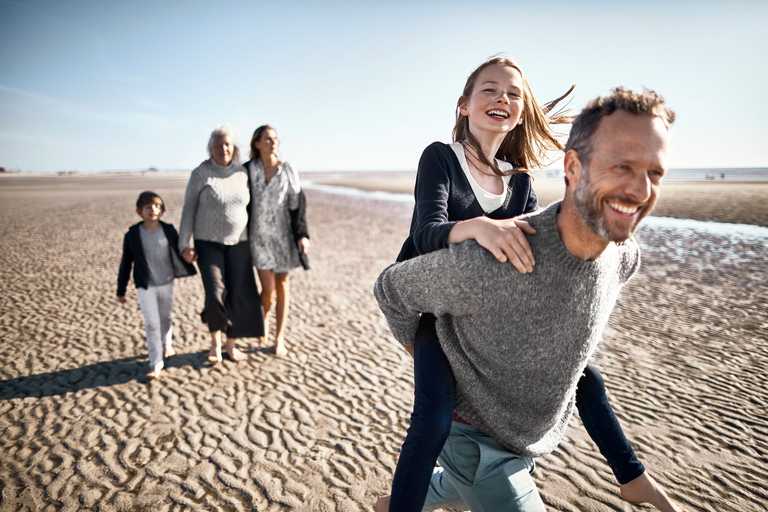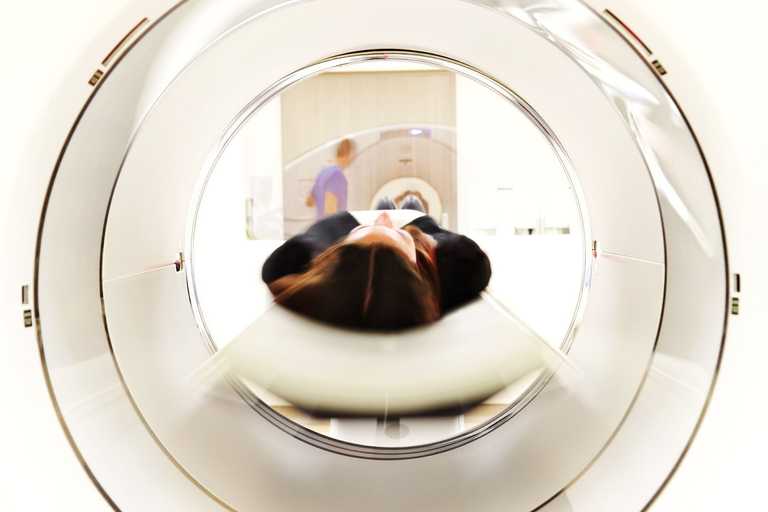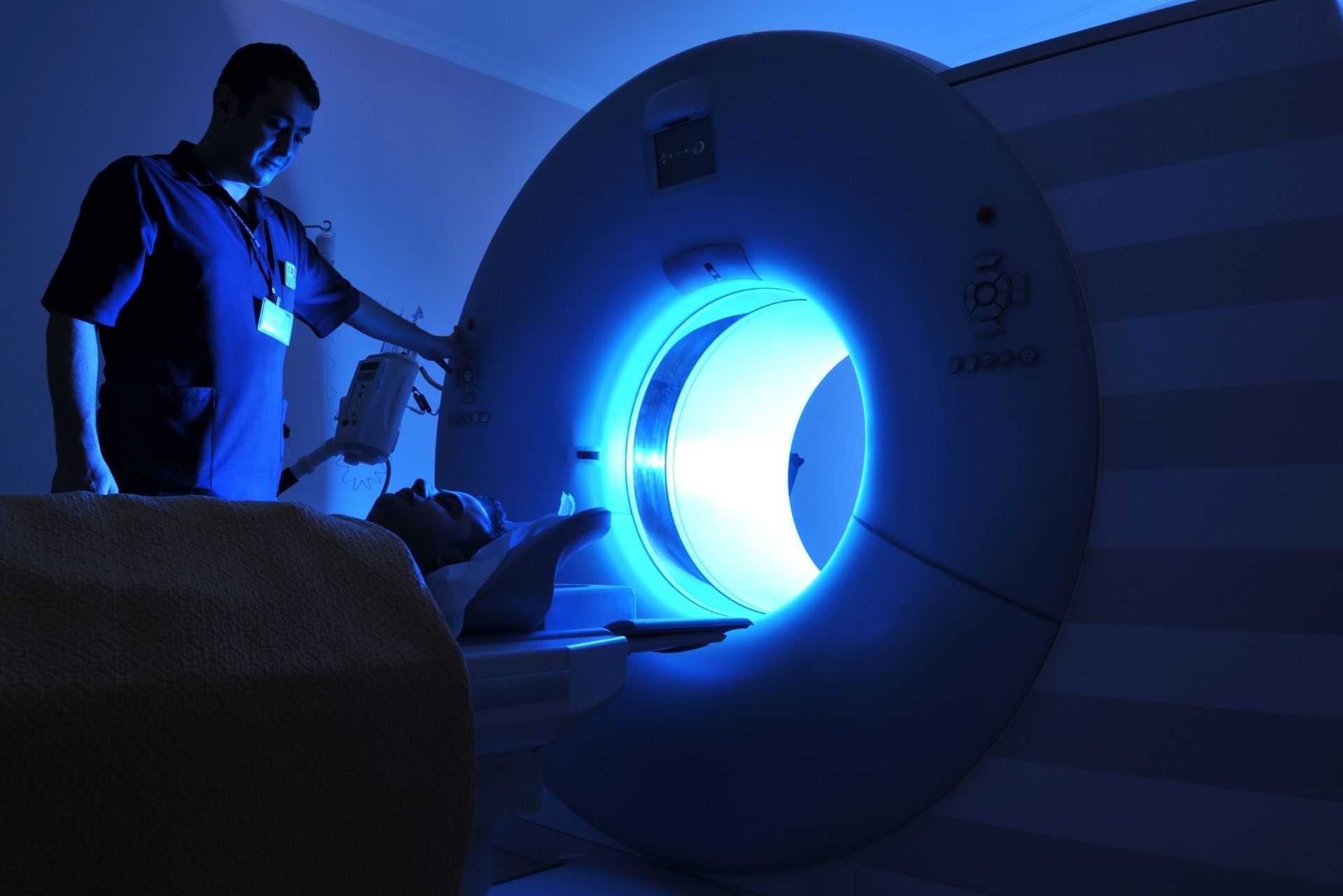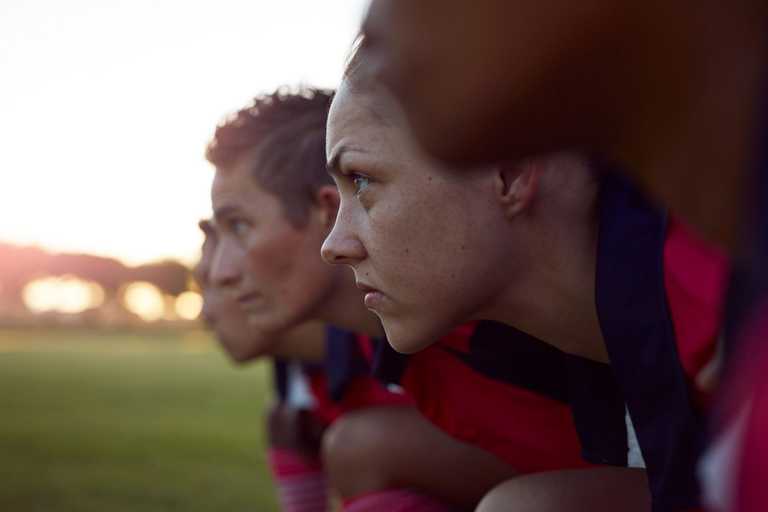
Sports and Exercise Medicine
You love to perform at your best. So, when injury stops you in your tracks, that can be hugely frustrating. At...
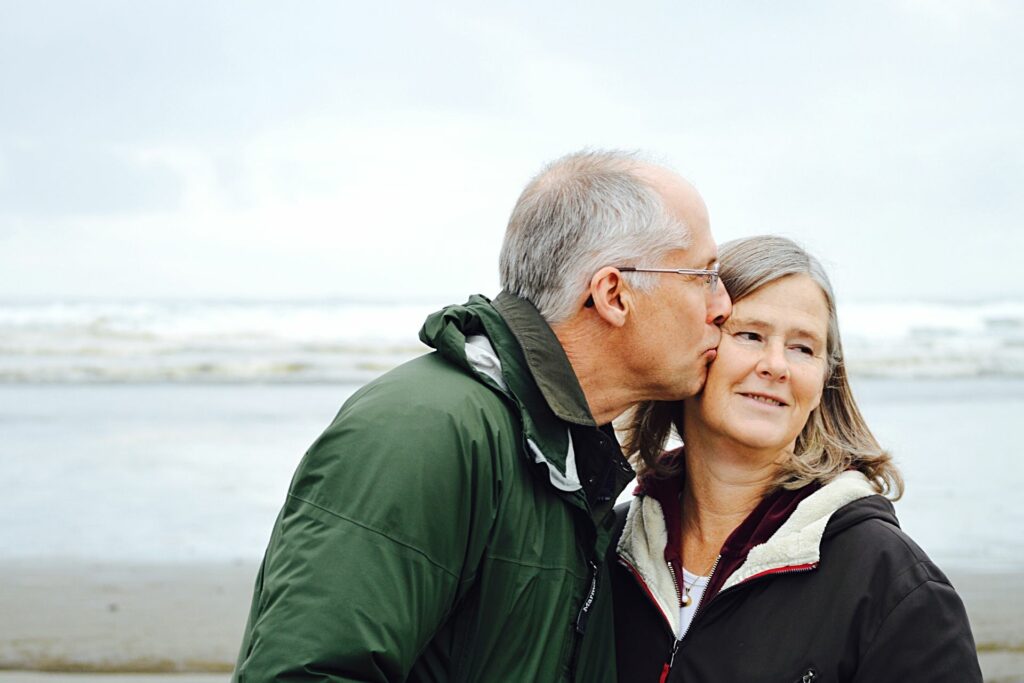
For those with reduced mobility, the winter and colder months can be a worrying and stressful time, as the risk of experiencing a slip, trip or fall increases. As well as the risk of sustaining a debilitating injury, the worry of falls can have a big impact on confidence levels, with some individuals limiting their daily activity to reduce their risk.
While the weather remains cold, a few small changes to your routine can help reduce your risk of falling and improve your confidence in your surroundings and your body’s ability. Musculoskeletal, Sports and Exercise Medicine Consultant, Justin Yeoh who consults at our centre in Surrey, shares his top 10 simple tips to reduce falls if you have reduced or low mobility.
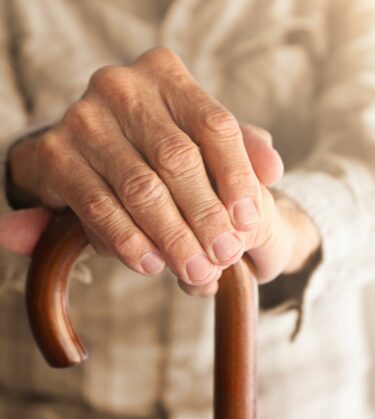
Getting up too quickly can cause a quick drop in blood pressure that may result in being unsteady on your feet. Take it slowly and ensure you have adequate support.
Stand up straight with your shoulders even, spine neutral and abdominal muscles pulled in. This centres your weight over your feet, keeping you well balanced.
Minimise your distractions when walking for example do not use your mobile phone. Wait to send a message or hold conversations until you are sitting.
Wear well-fitting shoes with low heels that are sturdy as well as offer comfort, support and good traction.
As you get older you might find your hearing is not as good as it used to be. A problem with your ears can severely affect your balance. The problem may be something easily treated, like ear wax, an infection, or you may require a hearing aid.
Our eyesight changes with age and can cause loss of balance, poor coordination and result in a trip. Get your vision or glasses checked regularly, at least every 2 years.
It is important to eat a well-balanced diet to ensure you get enough energy and keep up your strength.
As well as having a good diet, you should make sure you are drinking plenty of fluids (not alcohol). If you don’t drink enough it is likely that you will start to feel light-headed and that can lead to a fall.
As we get older, our muscle strength and balance reduces, which may cause a fall. By improving your posture, coordination and balance with exercises designed to improve muscle strength, you can reduce your risk of a fall.
Get expert advice from your doctor to ensure any exercise plan you are keen to start is safe. This is particularly true if you have been feeling dizzy or have a chronic health condition like heart disease, diabetes, or asthma. The best way to ensure you are exercising safely is to consult your doctor.
If you experience a slip, trip or fall, it is recommended that you seek medical treatment from a healthcare professional. Whether you have sustained an injury or not, your doctor will carry out a full check-up to better understand why it may have happened and provide further advice on minimising any risk going forward.
If you sustain a more severe injury from a fall, you may require a diagnostic scan to diagnose the problem, followed by further treatment such as rehabilitation or pain management.
You love to perform at your best. So, when injury stops you in your tracks, that can be hugely frustrating. At...
The highly experienced private GPs at Prime Health are here to keep you healthy. In a fast-moving world, they ...
Prime Health gives you fast access to the latest MRI expertise and 3T technology so you can get diagnosed and ...
If you don’t have a referral from a health professional, you can now easily self-refer for an MRI scan at Prime Health. We offer daily appointments, allowing you to choose a time and date that suits your convenience.
